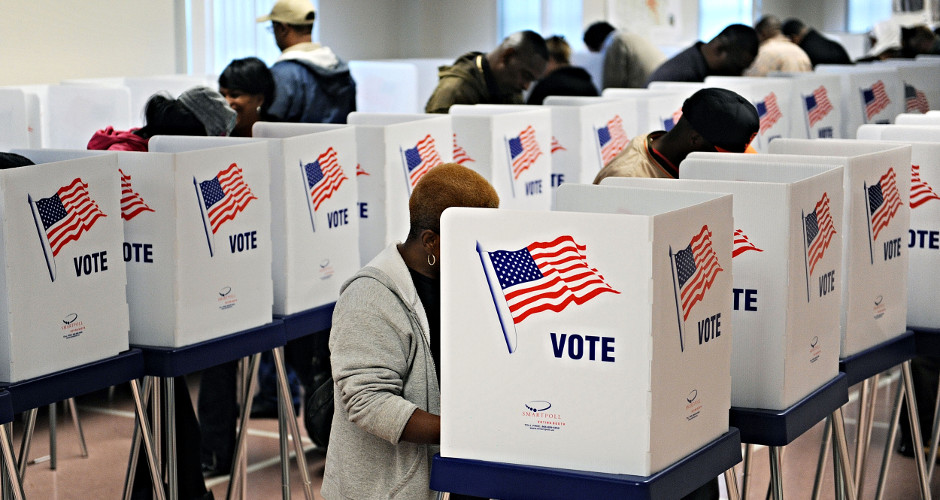By Ronald Nate, Ph.D. and Lindsey Zea
Idaho laws put clear limits on local governments’ taxing, spending, and regulating ability. As sure as water runs downhill though, local governments push for more money and more control. Here’s an example.
Let’s say your local school district needs a new high school. In Idaho, the way it usually gets built is by the school board scheduling a bond election and a super-majority of voters in the district, two-thirds, are required to approve the debt and the higher taxes needed to move forward with construction.
But, what happens if a school board overdoes it? Asking voters for too much money (debt and taxes) for schools that are too big, too costly, or for extras that might be nice, but not necessary, is not an uncommon move for districts. Fortunately, voters are usually wise to such overreaches, and they vote down most unnecessarily expensive bond proposals.
Did we mention how local government always seems to want more debt, taxes, and regulations? When bond elections fail, districts have a hard time taking ‘no’ for an answer. Regularly, failed bond proposals are re-tried in the next election (repackaged or with small adjustments), and the next election, and so on until the bond finally passes. Rather than listening to the taxpayers, districts wear down the opposition, which can result in “voter fatigue”, and bonds almost always finally pass.
A few years ago, a district in eastern Idaho ran three consecutive bond elections—all within eight months—to finally get the money they wanted to build new schools and remodel others. The district didn’t have to pay for the new elections, but any opposing groups had to pay to inform the public about potential concerns each time. Sound unfair to you? The repeated elections cost taxpayers money, and the new bonds cost even more money. In a predictable ending, the long-game paid off for the district’s expensive bond ask.
This session, the legislature is considering House Bill 347 (H0347), from Rep. Heather Scott, which limits taxing districts in their repeated asks. It is a simple bill, requiring a district to wait eleven months (effectively a year) before holding another bond election after a bond fails.
This bill will do two important things for districts and voters. First, it will reduce the ability for districts to wear down the opposition to expensive bond proposals. Second, it will incentivize districts to be more contemplative and conservative in their bond proposals to begin with, because the extended waiting period will be harder for them to endure. This legislation would ensure districts and patrons will see better proposals from the get-go.
The Madison Liberty Institute sees the added transparency and incentives in H0347 as good outcomes for patrons and voters who don’t have the same time and resources that their school boards do for bond elections. It’s better for districts to be conservative and careful in the bonds they propose initially, and for taxpayers and voters to know they won’t be paying for unnecessary and expensive elections every three months or so.
###
Dr. Ronald M. Nate, an economics professor, holds a Ph.D. in economics from the University of Connecticut, serves as a Senior Fellow at the Madison Liberty Institute, and is a former state representative for Legislative District 34A.
Lindsey Zea is a Policy and Research Associate at the Madison Liberty Institute, a regular content contributor to MadisonLiberty.org and a senior studying history at BYU-Idaho.
The Madison Liberty Institute (MLI) is an independent research and educational organization whose mission is to promote the founding principles of the American republic, free-market solutions, and “secure the blessings of liberty to ourselves and our posterity.” Our vision is for a freer, more prosperous future — one where our neighbors and future leaders understand and champion the virtues and institutions that create a more harmonious society and protect our rights to life, liberty, property, conscience, and the pursuit of happiness.


